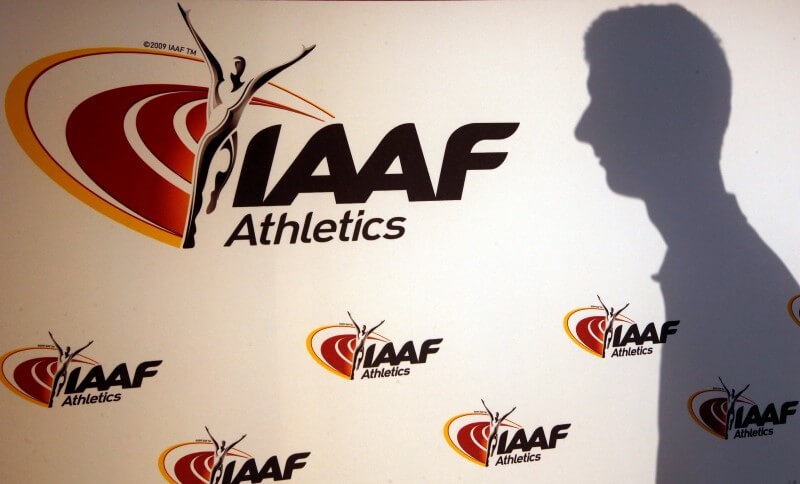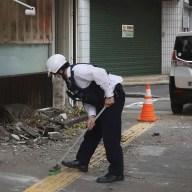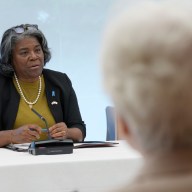By Mark Trevelyan
VIENNA (Reuters) – Yulia Stepanova, the Russian former drugs cheat whose whistle blowing revelations helped expose the massive doping problem in her country, could be allowed to compete in the Rio Olympics as an independent athlete, the IAAF said on Friday. Stepanova, an 800-metres runner described as “a courageous athlete” by the World Anti-Doping Agency (WADA), went into hiding after revealing the details of the problem, and now lives in the United States at a secret location. With the International Association of Athletics Federations (IAAF) extending its ban on Russian athletes on Friday, and with her mother country highly unlikely to have selected her anyway, Stepanova was hoping to compete under the flag of the International Olympic Committee (IOC). The IAAF had previously said the issue was a complicated legal and logistical one, but said on Friday the IAAF Council had changed its rules to clear the way.
“Any individual athlete who has made an extraordinary contribution to anti doping – in particular we include Yulia Stepanova here – should be considered favorably,” Rune Andersen, head of the IAAF’s task force investigating Russian doping, told a news conference. “I cannot say she will compete in Rio but the Council said they will look favorably.”
It will now be down to the IOC to decide on the issue, possibly at its meeting in Lausanne, Switzerland, next week.
Evidence provided by Stepanova and her husband Vitaly, a former Russian anti-doping agency employee, formed part of an investigation that led to Russian athletics being suspended from international competition. Last month Stepanova told Reuters: “It would be a dream come true to be an Olympian, something I had always hoped to do.”
Stepanova, who has the Olympic qualifying standard and has regularly undergone drugs tests, has maintained her training regime in the hope of being allowed in.
“If the best place I can get is the last place, I would still be happy.”
(Additional reporting by Mitch Phillips and Gene Cherry; Editing by Mark Potter)
Russian doping whistleblower given Olympics hope

By Mark Trevelyan


















